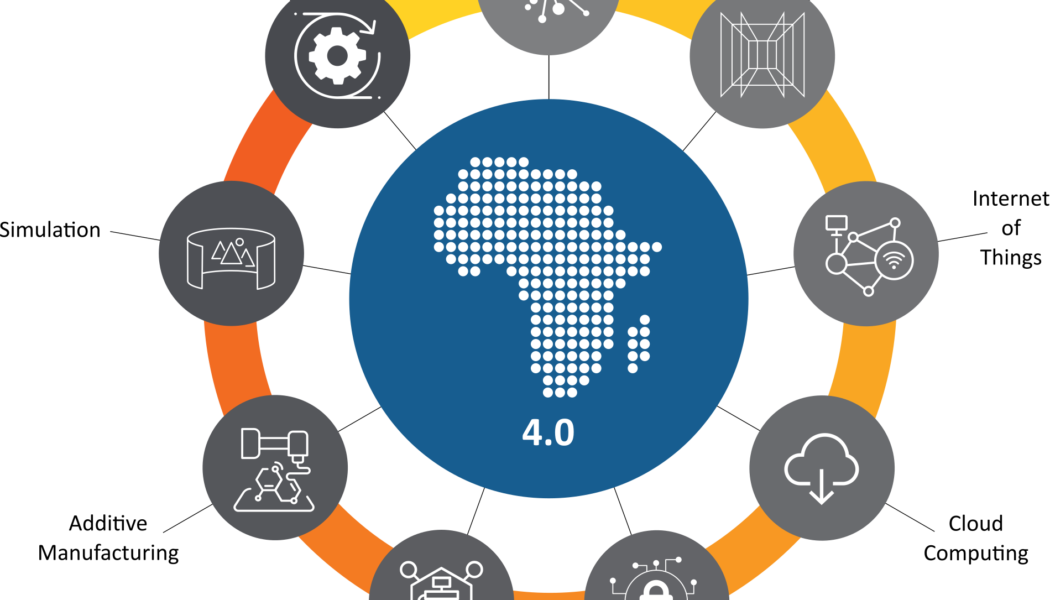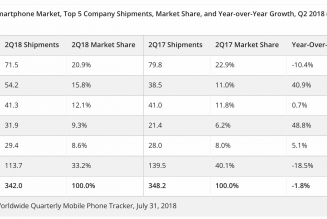To ensure African economies benefit fully from the fourth industrial revolution (4IR), and the data economy it will bring, there are several trends that industries on the continent need to fully embrace.
These include artificial intelligence, cloud, machine learning and the Internet of Things. Enabling the utilisation of these, however, requires two pivotal focuses.
The first is an investment in infrastructure. The second is Science, Technology, Engineering and Maths (STEM) skills development, so that African economies have the core competencies needed to participate in the data economy, says Adesh Nathalal, Education Manager at SAS in South Africa.
The clock is ticking. By 2030, the above needs to be accomplished to ensure African economies can leapfrog development cycles and be at the forefront of this next revolution.
Building the necessary skills for the short- and long-term future starts in the classroom. It’s previously been reported that in Africa, less than 2% of students, under 18, finish school with vital STEM skills.
Education Systems Should Embrace Skills Essential for 4IR
However, as more learners are attending secondary schools than in previous years, the formal education system ought to now turn its attention towards inculcating skills that are essential for the 4IR.
Doing so will provide the current and next generation of students with a solid foundational tertiary education that is geared towards harnessing artificial intelligence (AI), machine learning (ML), Internet of Things (IoT) and cloud technologies.
“Investing in STEM skills begins in the classroom, but it does not end there. Organisations need to do their part as well. While many organisations have budgeted for training and skills development, the pandemic has disrupted implementation. Many are adopting a wait and see approach to how the vaccine rollout will impact on the work environment before committing to resuming their initiatives,” says Nathalal.
The disruption of the pandemic aside, investing in STEM skills and embracing the 4IR comes with its challenges, particularly in Africa. The main one is unemployment.
“We need to be sensitive to the fact that investments in Artificial Intelligence and Machine Learning technologies are often associated with reduced need for human personnel, in countries where jobs are scarcer than we would like,” adds Nathalal.
“However, the reality is that African economies also need to keep up with other emerging and developed countries when it comes to 4IR. This requires a balancing act from business leaders between maintaining technology and infrastructure growth to increase business competitiveness while continuing with job creation drives.”
Africans Want to Learn 4IR Skills
The good news is that there is a heartening indication that there is a healthy appetite for learning 4IR-relevant skills.
For example, when South Africa went into lockdown last year, SAS made most of its training offerings available online and free to use for 30-days.
“Even amidst the current uncertainty, there are several steps organisations can take to build the skills needed to unlock the fourth Industrial revolution’s potential,” Nathalal says.
It begins with assessing how they are operating as a business currently. With remote working becoming the new normal, they may well find that they no longer require premises, and those funds could rather be directed towards reskilling employees.”
“Secondly, organisations are advised to determine what the market is seeking now and realign their offering accordingly if necessary,” Nathalal continues.
Thirdly, organisations must make the requisite skills-building investments that are in line with where they are heading. There is no point in investing in new technologies that employees have not been skilled up to utilise, and no technology, no matter how good it is, will deliver a return on investment if people cannot – or will not – adopt it.”
Nations Should Leverage Already-Existing 4IR Skills
From a national perspective, it is important to leverage the 4IR acumen that is already present in the country.
Investing in STEM skills does not only entail having an educational system that imparts relevant knowledge to new entrants to the technology sector, it also includes cultivating the skills that professionals have already developed and growing them further.
“Public and private sectors must collaborate and ensure there is a cogent plan in place to leverage and scale up the 4IR talent that is already present. Doing so, along with the formal education sector and organisations driving AI, machine learning and cloud skills, will enable us to vibrantly participate in the fourth industrial revolution and sustainably grow industries and economies well into the future,” concludes Nathalal.
Edited by Luis Monzon
Follow Luis Monzon on Twitter
Follow IT News Africa on Twitter








